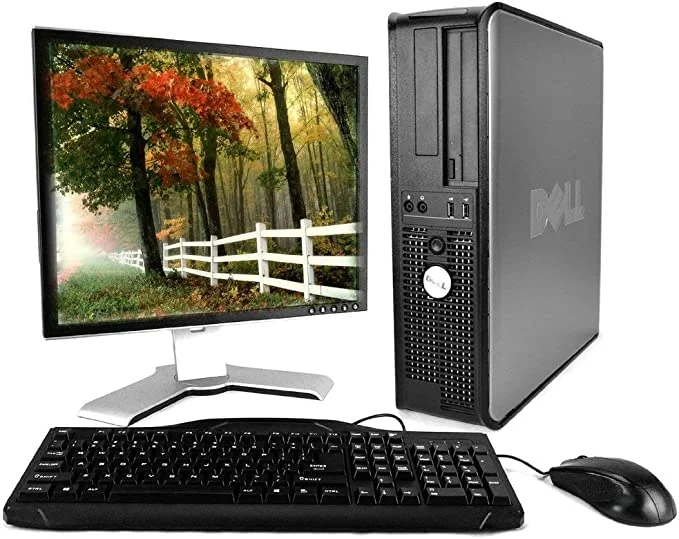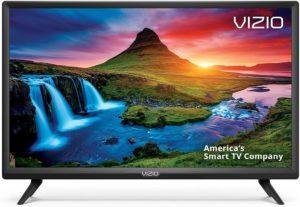For most of us, Cell phones are at the center of our universe. The typical feature set of these palm-size marvels is astounding. It’s your phone, your messaging device, your web browser, your camera, your music player, your GPS, and more. The phone you choose will affect your life in a multitude of ways. That’s why we’re here to help you pick exactly the right one.
Dial Up the Perfect Phone
We’re a smartphone-dominated nation, with 4G LTE networks serving data faster than many home internet connections, and 5G spreading across the country. Though we’re now down to three major wireless carriers, virtual carriers such as Google Fi, US Mobile, and Visible keep competition alive and push prices down. But some of our choices have constricted a bit: The smartphone OS marketplace is basically down to Apple’s iOS and Google’s Android, and it’s hard to find a really good simple voice phone nowadays.
Here at PC Mag, we review almost every smartphone released on AT&T, T-Mobile, and Verizon Wireless, and many of their sub-brands such as Boost, Cricket, Metro, and Visible.
Rather than purely choosing the phones with the highest ratings here, we’re trying to deliver a list of phones that are spread broadly across different price points. This list is focused on the hottest, newest devices, but you can also find great value in slightly older phones, so be sure to shop around.
What should you be looking for when buying a cell phone? Here are some key points to consider.
After reading this post checkout some of the great Cell PhonesI to offer
Which Cell Phone Carrier Should You Choose?
Despite all the recent hardware and mobile software innovation, your wireless service provider remains your most important decision. No matter what device you buy, it’s a doorstop unless you have solid wireless coverage. Maybe you have friends and family on the same carrier that you talk to for free, and you don’t want that to change with your next phone. Maybe you’re lusting after a certain device—say, an unlocked smartphone for international travel. And of course, you want to choose a carrier that offers fair prices, and provides the best coverage in your area. These are all good reasons to put the carrier decision first.
We’re in a weird moment right now. All of the carriers are winning “fastest” or “best” awards based on different testing methodologies. They’re making broad claims about coverage that often aren’t borne out by users on the ground. We will do our annual drive tests this summer to help you make your decision, but until then, rely on the word of your friends and family regarding the best network near you.
AT&T has a very fast 4G network, and a nationwide “5G” network with similar performance to 4G. In our tests, AT&T has historically been strong in the southeast of the US, upstate New York and northern New England, and Texas. AT&T appears to be slower and less aggressive at rolling out 5G improvements than the other two carriers are, but that hasn’t hurt its reliable 4G performance in much of the country.
Verizon Wireless is famed for its top-notch network quality and good customer service. Its super-speedy millimeter-wave 5G network helped make it our Fastest Mobile Network last year, and its 4G network is also excellent. But its “nationwide” 5G network can be slower than 4G. Verizon is fixing that issue with new airwaves called the C-band. By March 2022, it says it will cover 100 million people in 46 metro areas with C-band 5G, which will be considerably faster than its current nationwide 5G. The iPhone 12 series and the Samsung Galaxy S21 series both support the technology, and more C-band phones will come out throughout 2021.
T-Mobile absorbed Sprint in 2020. The “new T-Mobile” is in transition, incorporating Sprint’s network and airwaves to potentially offer a speedy mid-band 5G network in most major cities across the country. Over the fall of 2020, it became considerably faster as it expanded its mid-band Ultra Capacity network.
US Cellular is only available in about half the country. It has a reputation for good customer service, but has been suffering recently in our surveys as readers have said its prices and LTE network quality don’t match up to some of the alternatives.
There are also plenty of virtual operators that use the big three networks, but offer lower monthly rates, cheaper international calls, or other benefits. They’re usually better for lighter users and most don’t have family plans.
AT&T owns Cricket, T-Mobile owns Metro by T-Mobile, Verizon owns Visible, and Google owns Google Fi. Last September, Verizon made a bid for Tracfone and its spin-off brands, but the acquisition is under scrutiny from the FCC. We spotlight some of our favorite virtual operators in our roundup of the best cheap phone plans.
Do You Need a 5G Phone?
5G arrived in 2019, and most new smartphones now support some form of 5G. But though 5G may change everything in the future, it’s not going to happen immediately. Currently, all three carriers rely on “nationwide” 5G systems that largely use 4G-sized channels at 4G-like speeds. We’ll have a detailed picture of the current state of 5G when the 2021 edition of our Fastest Mobile Networks feature comes out in August.
If you are looking for a future-proof 5G phone, look for one that supports the new C-band, which will come into play on AT&T and Verizon in late 2021 and beyond. You can find more 5G recommendations on our list of the best 5G phones.
(One note: you may see a “5G E” icon on your existing AT&T phone. That isn’t 5G; it is a marketing ploy. Your phone is still running on 4G.)
Locked vs. Unlocked Phones
As carriers have moved to increasingly more confusing service and pricing plans, the value of unlocked phones has been rising accordingly.
Unlocked phones are bought from a third-party store or directly from the manufacturer, and aren’t tied to a specific carrier. Usually, you can use them with AT&T or T-Mobile. But some popular unlocked phones work on all three major carriers. If you want the best flexibility, look for a recent Apple iPhone, Google Pixel, Samsung flagship, or Motorola phone.
In the past, unlocked phones typically worked on all the major carriers, but 5G phones are a different story. Apple, Google, and Samsung’s 5G phones will work every US carrier, but many other brands either have limited band support or are only certified for specific carriers. AT&T customers should take extra caution before buying an unlocked 5G phone, since many phones that will theoretically work on its network have yet to be certified by the carrier.
What Is the Best Smartphone?
As more people become accustomed to instant email, web, music, and messaging access at all times of the day, regardless of where they are, smartphones have become almost indispensable. That said, there’s plenty of variety out there—not to mention devotees of specific OS platforms. Sometimes, a platform’s user interface or app selection just speaks to you, and that’s all there is to it. With that in mind, and at the risk of attracting flames, let’s break it down as well as we can for those who aren’t so fully vested.
There’s actually less diversity in smartphone platforms and designs than there was a few years ago. Right now, Android and iOS are the two top smartphone platforms, both in US sales and in the availability of third-party apps. The iPhone has the best app store and the best media features. But Apple’s tightly controlled ecosystem can feel stifling to some, and iOS isn’t easy to customize or modify. There’s far more variety among Android handsets, and Android’s open-source nature makes it a tweaker’s dream. But it also means fragmented third-party app compatibility, occasional bugs, carrier-installed bloatware you can’t remove, and scattered, often sporadic OS updates.
Admin Note: This article is from PC Magazine.




